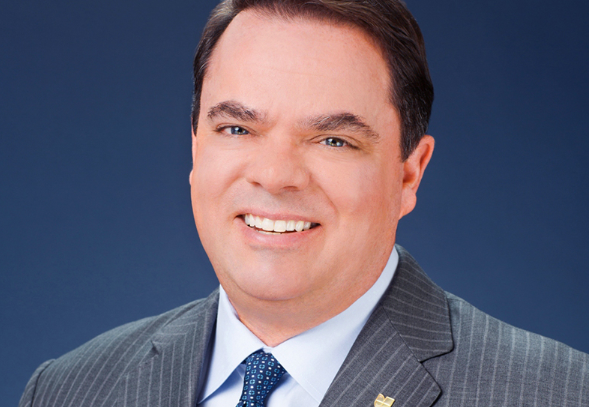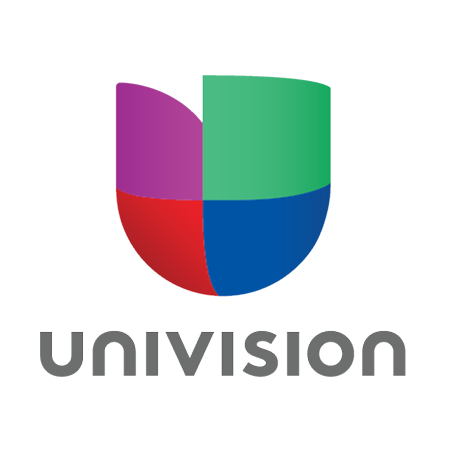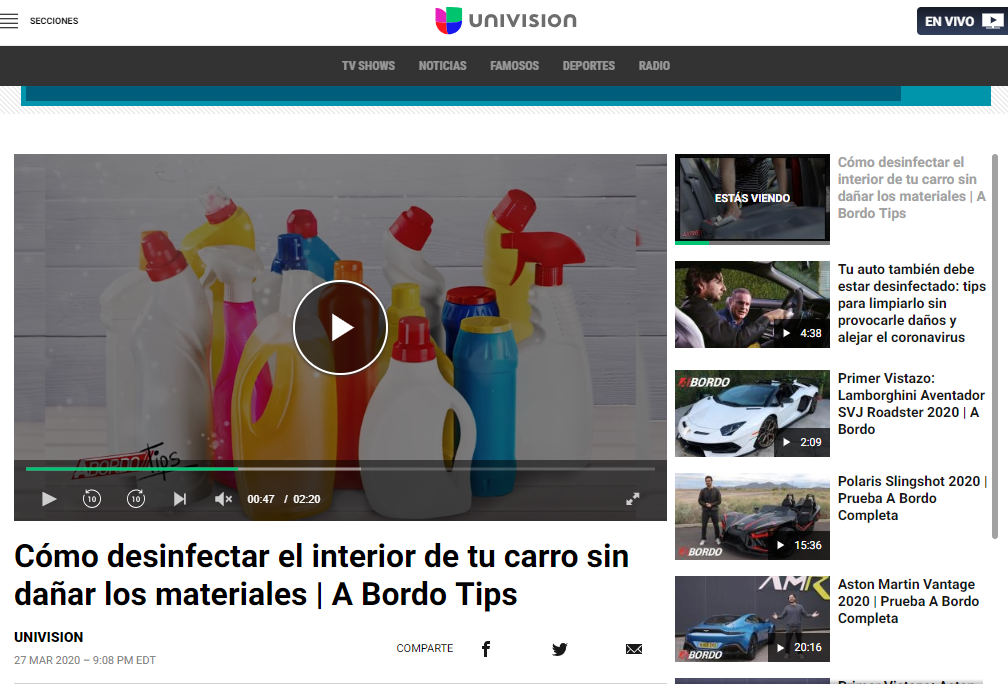Univision Cuts Commercial Loads During COVID-19 Crisis

The smarter way to stay on top of broadcasting and cable industry. Sign up below
You are now subscribed
Your newsletter sign-up was successful
With sponsors reconsidering their ad spending as the Coronavirus crisis started impacting businesses three weeks ago, Univision decided to reduce its network commercial load by 15%.
Like others in the TV business, the Spanish-language media company said it is in daily conversations with its clients to help them deal with the crisis. Univision also said it will be ready to make an upfront presentation and negotiate deals when the time is right.
Steve Mandala, president of advertising sales and marketing at Univision said the cut in commercial time means more news and entertainment content on the networks.
”We have an ability to do that right now and we felt it was strategically really important to do and serve the interests of both viewers and advertisers,” Mandala said.
Related: NBCU Courting Advertisers with Less Clutter, Free Services
Univision has also been finding other ways to work with its clients.
“I think we’re doing a lot of things to help advertisers and agencies, supporting them with insights and services that weren’t required before,” Mandala said.
The smarter way to stay on top of broadcasting and cable industry. Sign up below
In some cases, Univision is helping clients adapt their creative to the new situation, something that’s right in the network’s wheelhouse, he said.
And at a time when advertisers were trying to figure out what they should do, last week the network published a report that showed innovative things that Ford and Walmart were doing with creative in Spanish tailored to consumers’ new concerns.
When the crisis first hit in early March, things were “really rough with a little worry and even a little panic” in the ad market, Mandala said.
But as time has moved on, both agencies and clients have become more focus on the business.

“It’s a little bit of a different world right now. What do we need now? What are we going to need a month from now? What do we need in the future? There seems to be a sense of intent and purpose this week,” he said. “My sense is that people want to get back to a sense of as much normalcy as possible, as quickly as possible.”
Early in the crisis, advertisers in hard-hit categories like travel and retail, canceled ads. But Mandala said that revenue losses in March weren’t overwhelming. Some pushed their budgets back to the second quarter. Others started running customized creative.
Sports advertisers were particularly disrupted as leagues canceled games. As the leader in the soccer market, Univision found that some of its advertisers still wanted to make sure they had messages in the market and shifted their ads to other programming.
In the present time, Mandala said the scatter market is functioning, with packaged goods companies in particular looking to step up their spending.
In studies, marketers have said they’re looking for information they can use to justify continuing their advertising. Univision next month plans to release the results of a major study it did with Nielsen that analyzes return on ad spending.
Univision plans to share the finding in a webinar in May. “Those results are going to be part of our messaging really from now. They demonstrate not just the opportunity but the actual results that are being delivered for those that are already active [with ad campaigns.]”
May is also the time when clients will decide whether or not to use their options to not buy commercial time they reserved in last year’s upfront.
Mandala said conversations with clients focus more on trying to understand how Univisoin can be helpful in these challenging times.
“We're sharing a lot of insights about what's going on with those who are adapting creative. We've shared a lot of insights about marketers who maintain their advertising during a downturn and what's the impact. We've talked about what we are doing to serve the community and how they can tie Into that,” he said. “We're trying to be good partners and listen to those individual conversations.”
Mandala noted that Univision’s ratings were trending up before the crisis hit, and like other broadcasters, viewership has risen with people staying at home to stop the spread of the virus.
Univision has been developing content to inform and empower audiences and clients can get involved too. Those efforts range from public service announcement campaigns to a new automotive website that points to deals that are available and answers consumer questions. With only radio support, the site generated 175,000 hits its first day.

Like other networks, Univision canceled its traditional May upfront presentation. Mandala said Univision is ready to do a virtual upfront presentation and make deals when the market is ready.
Despite the preoccupation with dealing with the virus, “actually there's a fair number of people talking about the upfront,” Mandala said.
“I don't think there's any single point of view yet, but the consensus that I'm hearing from agencies and advertisers is that they feel a futures market makes a lot of sense. They feel the upfront structure works in terms of safeguards for advertisers.”
Some big advertisers may be ready to do deals on close to a traditional timeframe. Other advertisers whose businesses have been more disrupted may need more time to get their plans and budgets together, he said.
“We're going to be ready to respond whenever the market is ready,” Mandala said.
Univision’s plan is, when appropriate, to stream a full presentation that would both highlight the company’s business message and its programming plans for the fall and beyond.
At that point, Univision executives and talent might be able to stream from a single location. The company is also looking at using virtual reality gear to give sponsors a feel for some of its experiential marketing initiatives.
Univision will continue to position itself as “America's Hispanic Superbrand” and during the presentation, it will point out that it has momentum, the purchasing power and cultural importance of Hispanic consumers and that it’s programming strategy is working.
“Our point is we have both a business proposition and a content strategy that is delivering results and provides opportunity for growth for advertisers,” Mandela said.
In conversation with clients, Mandela hears that people want to get back to some sense of normalcy. But that doesn't mean that when the crisis ends, people will go back to doing everything the way they did before.
“I think the coming out of this we're going to find a lot of innovations that we feel that are now important to continue doing,” he said.
Jon has been business editor of Broadcasting+Cable since 2010. He focuses on revenue-generating activities, including advertising and distribution, as well as executive intrigue and merger and acquisition activity. Just about any story is fair game, if a dollar sign can make its way into the article. Before B+C, Jon covered the industry for TVWeek, Cable World, Electronic Media, Advertising Age and The New York Post. A native New Yorker, Jon is hiding in plain sight in the suburbs of Chicago.

